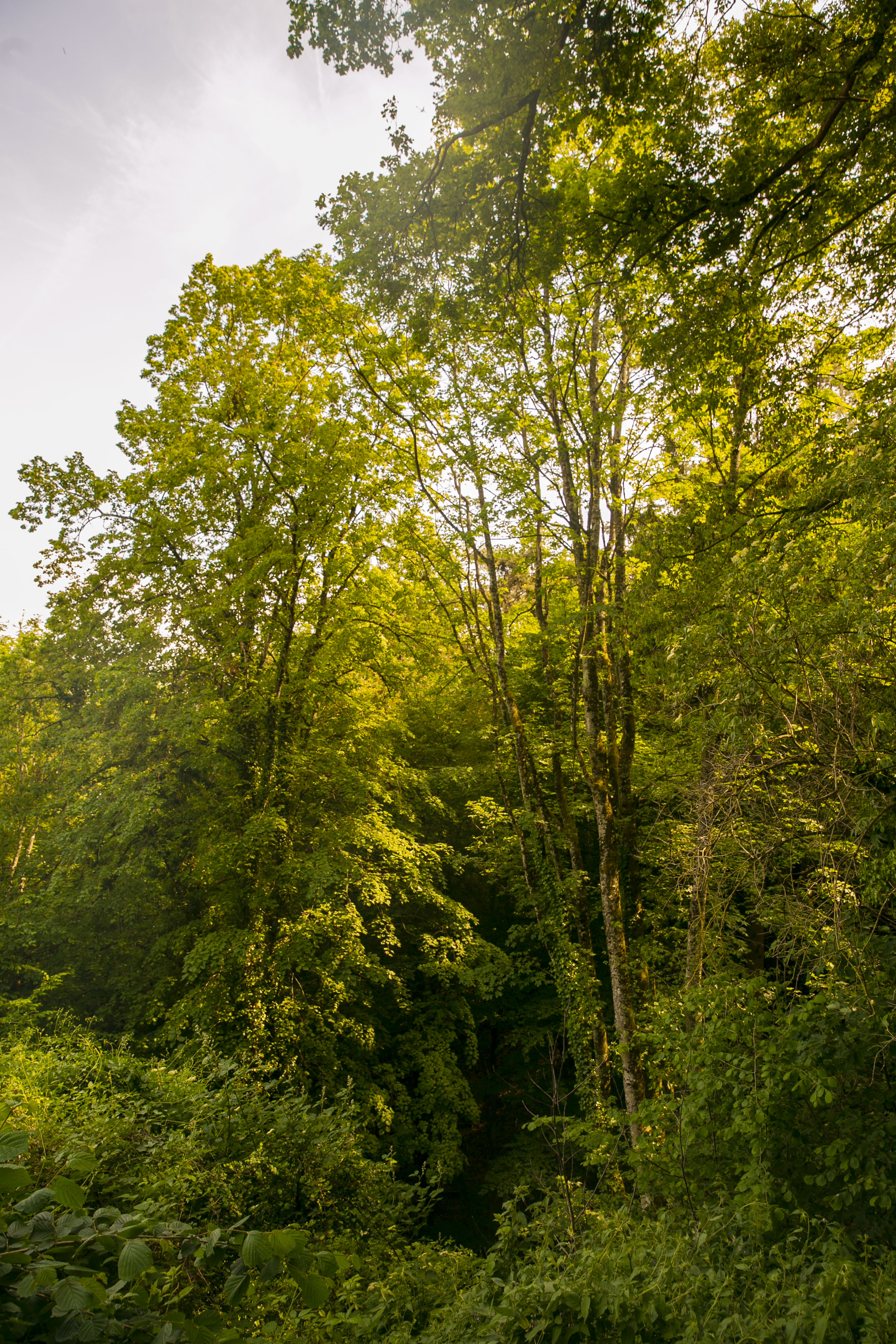MOUNTLAND 2008-2013
The Mountland project was in part supported by the Bois Chamblad Foundation. This study sought to understand how mountain pastures will adapt to climate change. The reseach team collected 600 soil monoliths at an altitude of about 1400 m (Col du Marchairuz) in three habitats with different sunlight conditions. These were then transplanted them to sites at lower altitudes, including Bois Chamblard, with its milder and drier climate. This process made it possible to artificially simulate global warming.

A careful analysis of species diversity, plant biomass, soil respiration and microorganisms has made it possible to measure the adaptive capacity of mountain ecosystems to drought and increasing reported temperatures. A 30% decrease in species diversity was observed, as well as a 45% decrease in biomass.
During the summer season and with drought, plant growth and soil biological activity were generally reduced. The potential for climate stress resistance of mid-mountain pastures has been shown to be lower for non-forested habitats. A significant loss of dissolved carbon was observed in the drainage waters. During winter, the absence of an insulating snow layer at lower elevations, which can make soils colder, limits abundance and microbial activity, as well as soil respiration.
In addition to a thesis, scientific publications and master’s studies, the Mountland project has generated fruitful collaborations with France (University of Grenoble), the Federal Institute for Research on Forests, Snow and Landscape WSL and the ETH Zurich.

